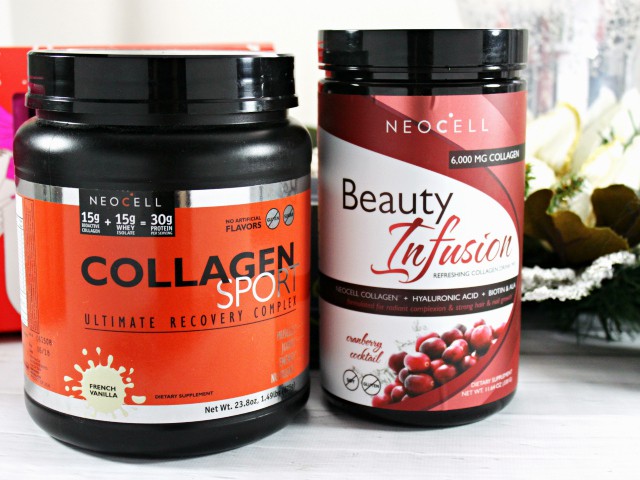In the world of athletics, where every millisecond counts and recovery is paramount, athletes are constantly seeking ways to optimize their performance and enhance their ability to bounce back from intense training sessions. While there are countless collagen and strategies available, one natural powerhouse has been gaining significant attention in recent years: collagen.
Collagen is the most abundant protein in the human body, acting as a crucial building block for bones, muscles, skin, tendons, and ligaments. For athletes, collagen plays a multifaceted role in supporting performance and recovery.
1. Joint Health and Flexibility
One of the primary benefits of collagen for athletes is its ability to support joint health and flexibility. As athletes subject their bodies to rigorous training regimens, the wear and tear on joints can lead to discomfort and decreased mobility. Collagen helps maintain the integrity of cartilage, the smooth tissue that cushions joints, reducing the risk of injuries such as sprains and strains.
2. Muscle Repair and Growth
Collagen contains amino acids like glycine, proline, and hydroxyproline, which are essential for muscle repair and growth. By providing the necessary building blocks for muscle tissue, collagen usage can help athletes recover more quickly from intense workouts and build lean muscle mass more effectively.
3. Tendon and Ligament Strength
Tendons and ligaments play crucial roles in stabilizing joints and facilitating movement, making their health essential for athletes. Collagen contributes to the strength and elasticity of tendons and ligaments, reducing the likelihood of overuse injuries such as tendonitis and ligament sprains.

Incorporating Collagen into Your Routine
Now that we understand the benefits of collagen for athletes, the next question is how to incorporate it into your training regimen effectively.
1. Dietary Sources
While collagen are widely available, athletes can also boost their collagen intake through dietary sources. Foods such as bone broth, chicken skin, fish, and egg whites are rich in collagen or the amino acids needed for collagen synthesis. Including these foods in your diet can provide a natural and delicious way to support your athletic performance and recovery.
2. Collagen Tablets
For athletes seeking a convenient and concentrated source of collagen are an excellent option. Collagen peptides, in particular, are easily digestible and can be quickly absorbed into the bloodstream, making them ideal for post-workout recovery. Look for high-quality collagen derived from grass-fed sources to ensure maximum effectiveness and purity.
3. Collagen-Rich Recipes
In addition to collagen and whole foods, athletes can incorporate collagen into their diet through creative recipes. Smoothies, protein bars, soups, and stews can all be enhanced with collagen powder, providing a tasty and nutritious way to support your training goals.
Conclusion
Collagen offers athletes a natural and effective way to enhance their performance and recovery, supporting joint health, muscle repair, and overall resilience. Whether you choose to incorporate collagen through dietary sources, or collagen-rich recipes, harnessing the power of this essential protein can help you reach new heights in your athletic endeavors.
Remember, consistency is key when it comes to reaping the benefits of collagen. By making it a regular part of your routine, you can unleash your full potential and perform at your best, day in and day out. If you want to know more about collagen, check out the Best marine collagen UK for further info.

